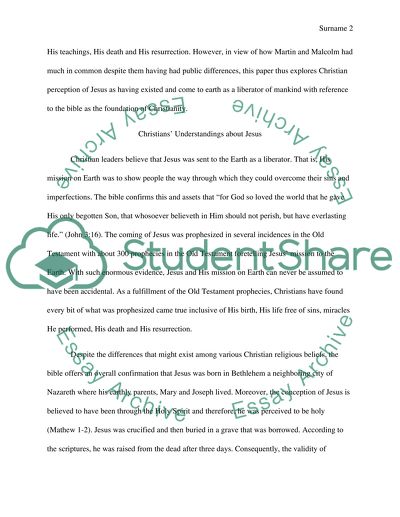Cite this document
(“Reality of Jesus and his mission as a liberator Essay”, n.d.)
Retrieved from https://studentshare.org/history/1393399-reality-of-jesus-and-his-mission-as-a-liberator
Retrieved from https://studentshare.org/history/1393399-reality-of-jesus-and-his-mission-as-a-liberator
(Reality of Jesus and His Mission As a Liberator Essay)
https://studentshare.org/history/1393399-reality-of-jesus-and-his-mission-as-a-liberator.
https://studentshare.org/history/1393399-reality-of-jesus-and-his-mission-as-a-liberator.
“Reality of Jesus and His Mission As a Liberator Essay”, n.d. https://studentshare.org/history/1393399-reality-of-jesus-and-his-mission-as-a-liberator.


